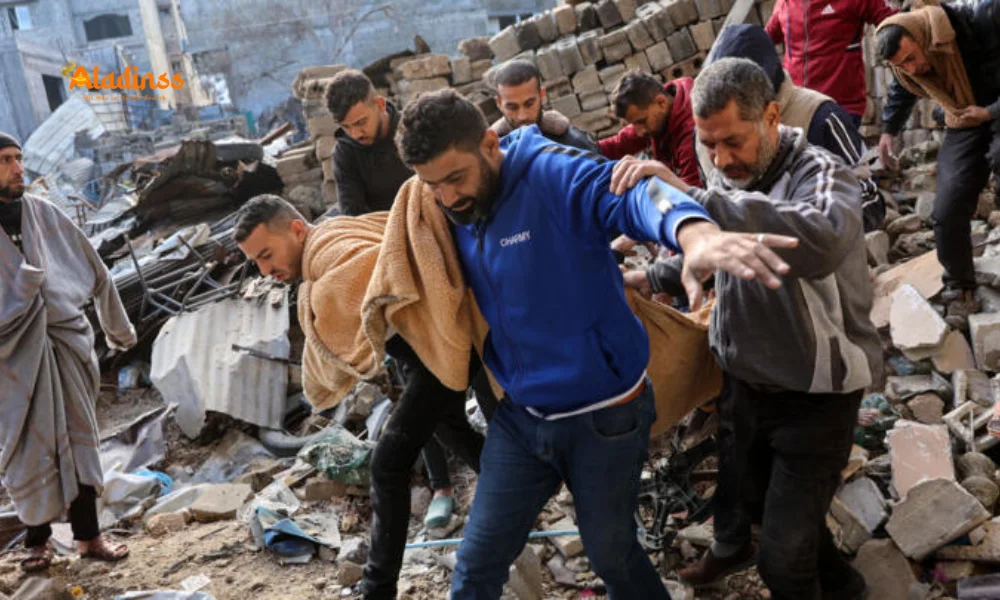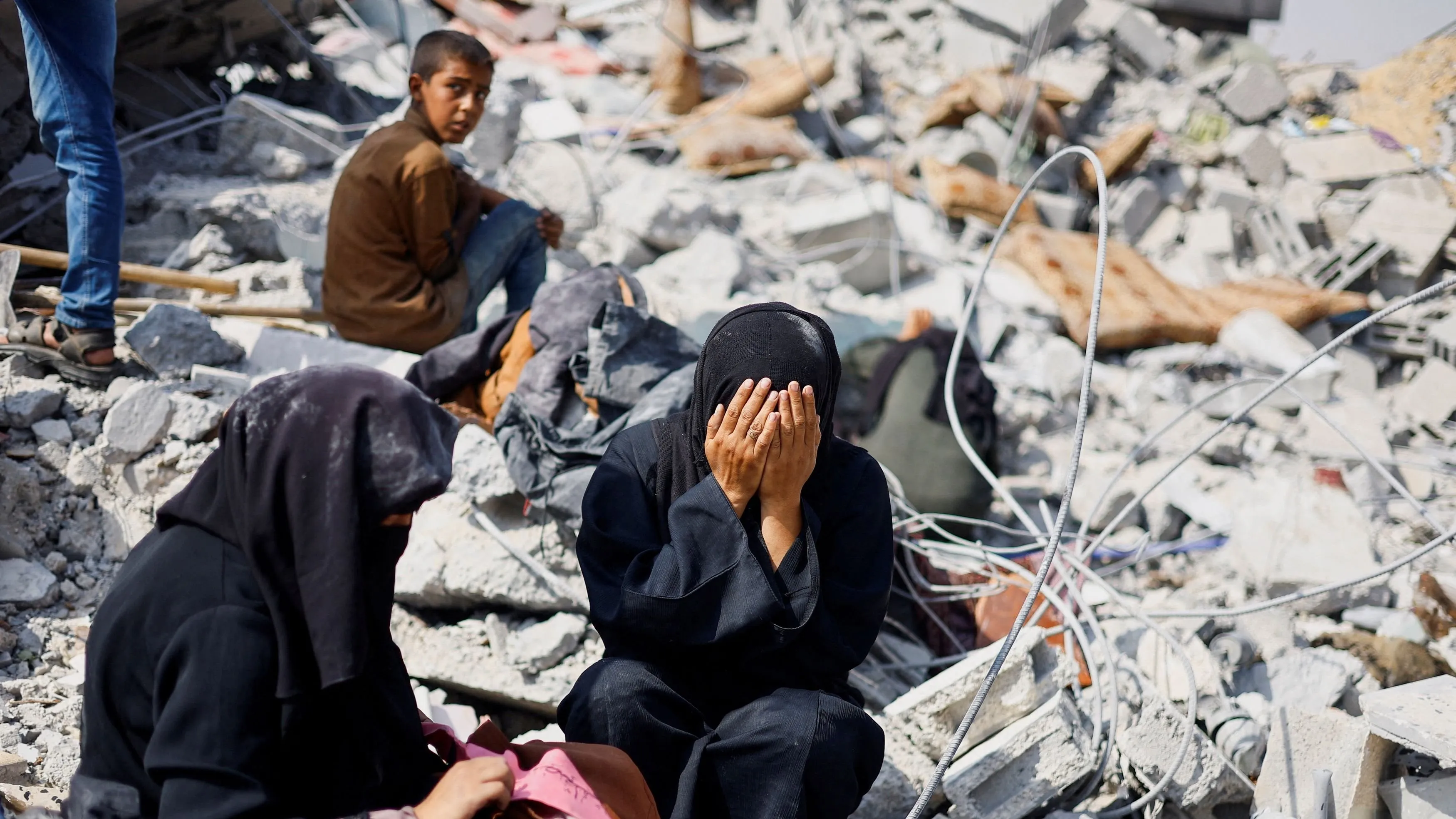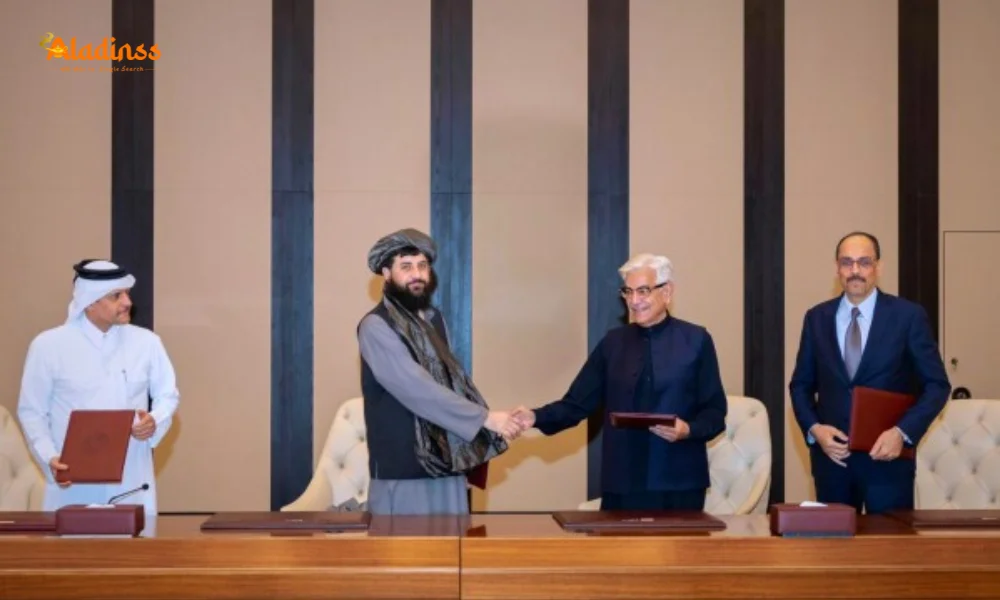Israeli Airstrike on Qatar Capital Sparks Global Outcry

Israeli Airstrike on Qatar’s Capital Doha Sparks Global Condemnation
On September 9, 2025, an Israeli airstrike targeted Hamas leadership in Doha, Qatar’s capital, triggering widespread condemnation for violating international laws. This breaking news event has heightened tensions in the Middle East, as Qatar, a key mediator in the Israel-Hamas conflict, denounced the attack as a “cowardly” breach of its sovereignty. The strike, aimed at Hamas’s political office, occurred amidst ongoing ceasefire and hostage release negotiations, raising concerns about the future of peace efforts in the region. The international community has criticized Israel’s actions, citing a blatant disregard for diplomatic norms and Qatar’s role as a neutral mediator.
The airstrike marks a significant escalation in the Israel-Hamas conflict, which has been ongoing since October 2023. Qatar, alongside Egypt, has played a pivotal role in facilitating indirect talks between Israel and Hamas, including efforts to secure the release of Israeli hostages held in Gaza. The attack on Doha, a Gulf nation hosting a major U.S. military base, has drawn sharp rebukes from regional and global leaders, who view it as a dangerous precedent that undermines diplomatic efforts and regional stability. Reports indicate that Hamas’s senior leadership survived the strike, adding complexity to the already volatile situation.

Details of the Airstrike in Doha
The Israeli airstrike targeted a residential compound in Doha’s West Bay Lagoon area, where Hamas’s political bureau is headquartered. The attack, codenamed “Summit of Fire” by the Israel Defense Forces (IDF), was aimed at senior Hamas figures, including Khalil al-Hayya, the group’s chief negotiator, and other key leaders. The strike occurred around 3 p.m. local time, with multiple explosions reported across the city. Plumes of black smoke were seen rising from the site, which is near schools, embassies, and residential areas, causing panic among residents.
Hamas confirmed that six individuals were killed, including a Qatari security official and the son of Khalil al-Hayya, but claimed its top leadership survived. The Israeli military described the operation as a “precise strike” targeting those responsible for the October 7, 2023, attack on Israel, which killed 1,200 people and led to the capture of 251 hostages. Israeli Prime Minister Benjamin Netanyahu stated that the strike was a “wholly independent Israeli operation,” emphasizing that Hamas leaders would have no immunity anywhere in the world.
Qatar’s Strong Condemnation
Qatar’s Foreign Ministry issued a scathing statement, labeling the airstrike a “cowardly Israeli attack” and a “blatant violation of all international laws and norms.” The ministry highlighted the assault’s impact on residential buildings housing Hamas’s political bureau, noting that it posed a serious threat to the safety of Qatari citizens and residents. Qatar’s Prime Minister, Sheikh Mohammed bin Abdulrahman Al Thani, called the attack “state terrorism,” asserting that it would not deter Qatar’s mediation efforts but demanded a regional response to Israel’s actions.
Qatar has been a key player in mediating ceasefire talks, leveraging its neutral stance and diplomatic ties with both Israel and Hamas. The country hosts the Al Udeid Air Base, the largest U.S. military facility in the Middle East, making the airstrike particularly provocative. Qatari officials have formed a legal team to explore options for holding Israel accountable, signaling a potential shift in the Gulf state’s approach to the conflict. The attack has also raised questions about the safety of diplomatic missions and residents in Doha, a city known for its stability and role as a hub for international diplomacy.
International Reactions and Violations of International Law
The airstrike has drawn widespread condemnation from global leaders and organizations, who argue that it violates international laws governing sovereignty and diplomatic immunity. United Nations Secretary-General António Guterres described the attack as a “flagrant violation of Qatar’s sovereignty and territorial integrity,” urging all parties to work toward a ceasefire rather than escalating tensions. The European Union echoed this sentiment, stating that the strike risks further destabilizing the region and undermining peace efforts.
Regional powers, including Saudi Arabia, the United Arab Emirates, and Turkey, have also condemned Israel’s actions. Saudi Crown Prince Mohammed bin Salman labeled the strike a “criminal act,” while the UAE’s Foreign Minister, Sheikh Abdullah bin Zayed, called it a “blatant and cowardly aggression.” Turkey accused Israel of adopting “terrorism as state policy,” warning that the attack could set a precedent for further violations across the region. These reactions highlight the growing concern among Arab nations about Israel’s expanding military operations, which have now reached a Gulf Cooperation Council (GCC) member state for the first time.
Impact on Ceasefire Negotiations
The airstrike occurred as Hamas negotiators were discussing a U.S.-backed ceasefire proposal, which included the immediate release of hostages in exchange for a 60-day truce and the release of Palestinian prisoners. The timing of the attack has led to accusations that Israel is deliberately sabotaging peace talks. Hamas stated that the strike confirms Israel’s lack of interest in reaching an agreement, while a senior Qatari official indicated that Doha is reassessing its role as a mediator in light of the attack.
The assault has also strained relations between Israel and the United States, a key ally. The White House expressed disapproval, with Press Secretary Karoline Leavitt stating that “unilaterally bombing inside Qatar, a sovereign nation and close ally of the United States, does not advance Israel or America’s goals.” U.S. President Donald Trump noted that the administration was informed of the strike just before it occurred, with efforts to warn Qatar arriving too late. This has raised questions about the coordination between Israel and the U.S., particularly given Qatar’s strategic importance as a host to American troops.
Regional and Global Implications
The airstrike on Doha represents a significant escalation in Israel’s military operations, which have previously targeted Hamas and other groups in Gaza, Lebanon, Syria, and Yemen. By striking a GCC country, Israel has crossed a new threshold, prompting concerns about the potential for broader regional conflict. Analysts suggest that the attack could strain Israel’s relations with Gulf states, particularly those involved in the Abraham Accords, such as the UAE, which condemned the strike as a threat to regional stability.
The incident has also highlighted Qatar’s delicate balancing act as a mediator and host to Hamas’s political office, a role it undertook at the request of the United States. The attack may prompt Qatar to reconsider its mediation efforts, potentially complicating future negotiations. For residents of Doha, the strike has shattered the city’s reputation as a safe haven, with eyewitnesses reporting fear and confusion as explosions rocked the capital. The international community is now closely watching how Qatar and other regional powers respond to this unprecedented violation of sovereignty.
What’s Next for Qatar and the Region?
As investigations into the airstrike continue, Qatar has vowed to take all necessary measures to protect its sovereignty and ensure the safety of its residents. The formation of a legal team to hold Israel accountable suggests that Doha may pursue diplomatic or legal action through international bodies like the United Nations. Meanwhile, the survival of Hamas’s leadership could embolden the group to harden its stance in ceasefire talks, further complicating efforts to end the conflict in Gaza, where over 64,600 people have been killed since October 2023.
The airstrike has also raised concerns about the safety of the remaining hostages in Gaza, with families expressing anxiety about the impact of Israel’s actions on their release. The international community, including the UN and EU, has called for de-escalation and a renewed focus on diplomacy to prevent further violence. As tensions rise, the Middle East stands at a critical juncture, with the potential for both diplomatic breakthroughs and further conflict hanging in the balance.
Comment / Reply From
No comments yet. Be the first to comment!











